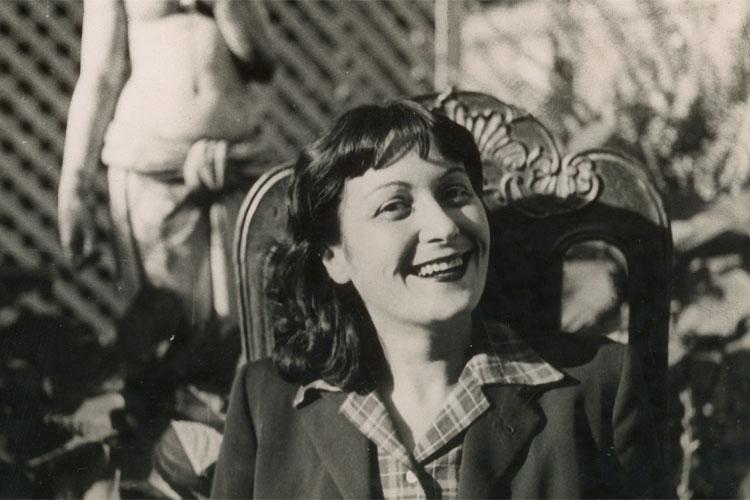
Lina Bo Bardi, the Italian-born Brazilian architect, who died in 1992, is to be awarded a Special Golden Lion at the Venice Architecture Biennale. Having edited Domus in Italy, and founded the weekly magazine A-Attualità, Architettura, Abitazione, Arte; in 1947 she moved to São Paulo with her husband, the curator Pietro Maria Bardi. There between 1957 and 1969 she built the Museu de Arte de São Paulo (MASP), at which Pietro was the founding director, the concrete and glass building raised above the ground by four red pillars, creating a public space beneath still used by market traders and skateboarders today. Inside the architect eschewed traditional exhibition design, instead creating a system in which paintings were suspended from the ceiling, sandwiched between protective glass and weighted by a concrete block at the bottom.
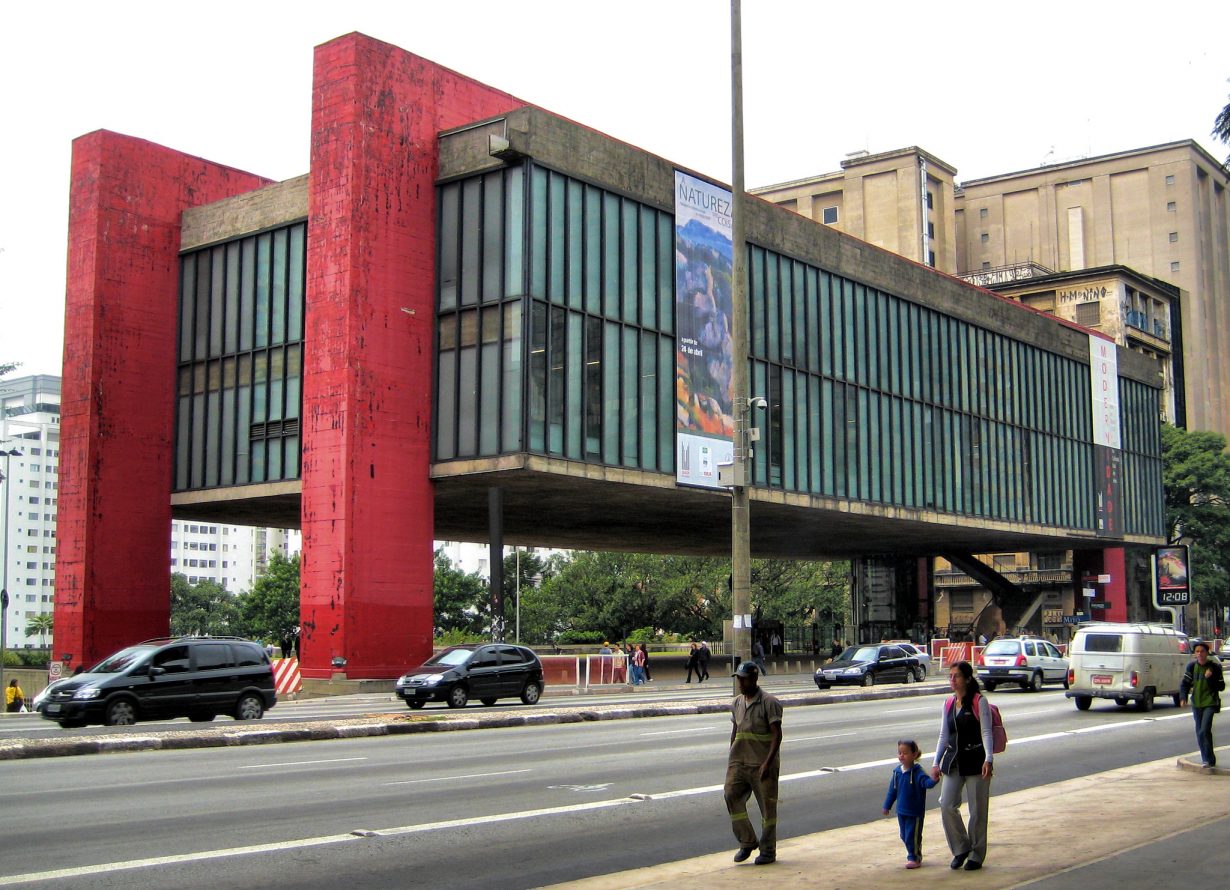
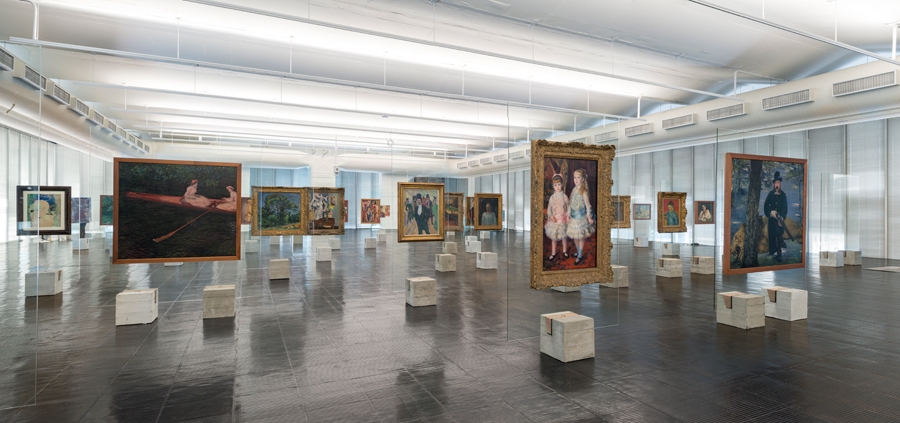
Glass would be the preeminent material in Casa de Vidro, the home she built for her and her husband amongst tropical forests in the south of the city, now open to the public, filled with the furniture she also created. Between 1977 and 1986 she designed Sesc Pompéia, a giant community, recreational, cultural and sports centre, also in São Paulo. Commissions for further private houses and arts centres followed, many in the north of Brazil, Bo Bardi frequently drawing inspiration from the vernacular design of her adopted country.
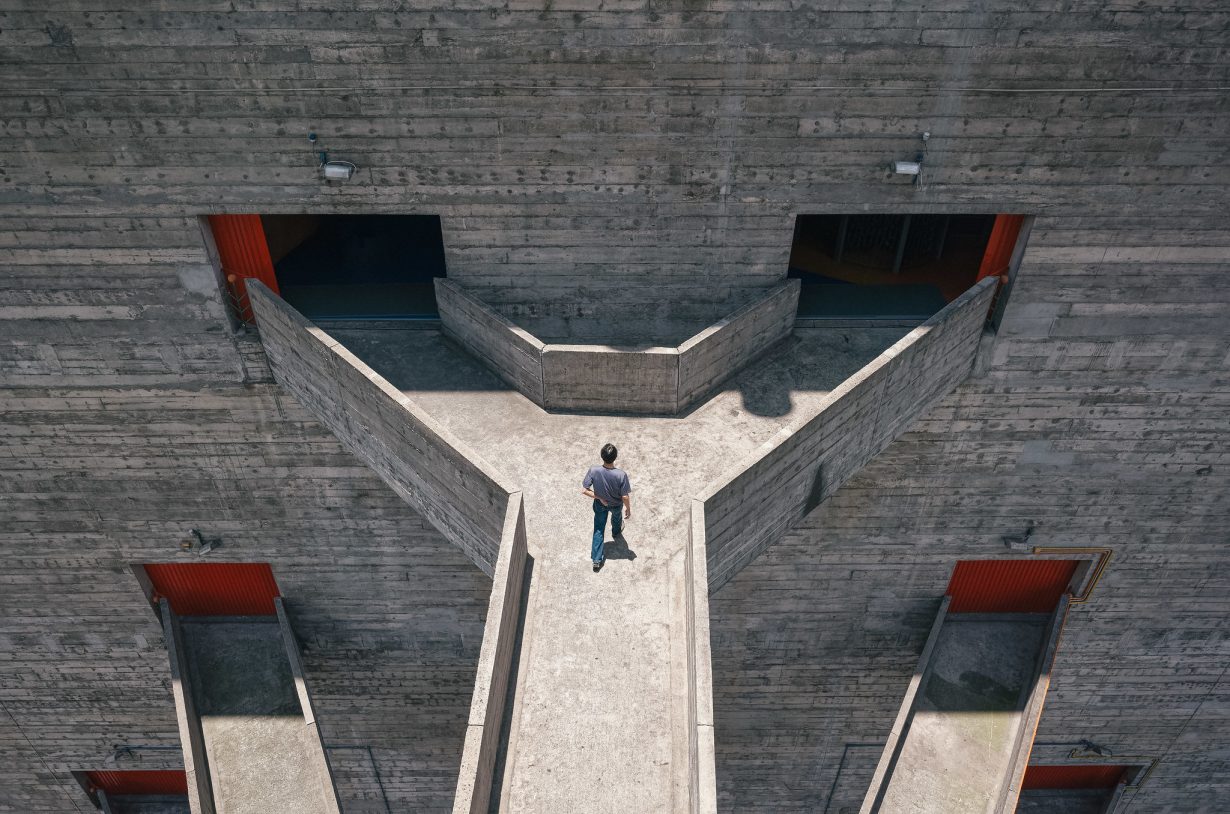
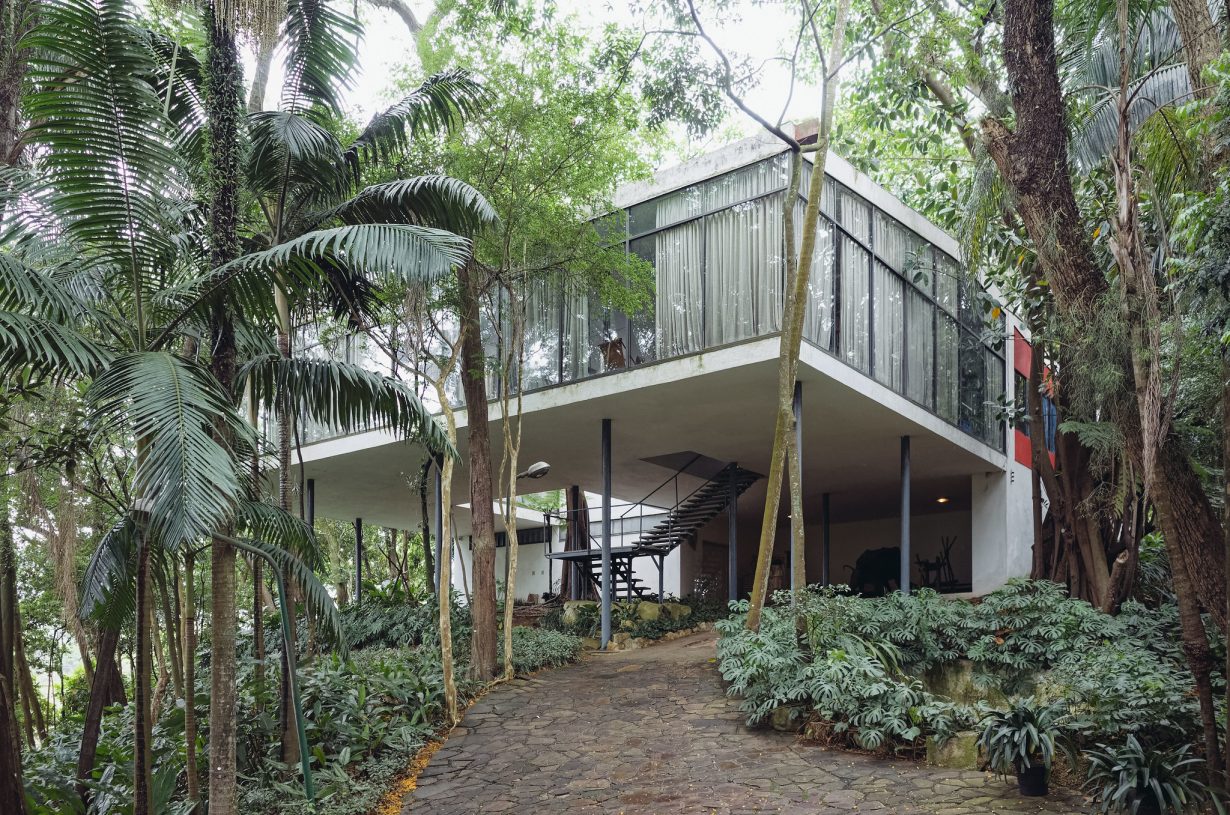
Hashim Sarkis, the curator of the Architecture Biennale, and who proposed Bo Bardi for the Golden Lion, said she ‘exemplifies the perseverance of the architect in difficult times whether wars, political strife, or immigration, and her ability to remain creative, generous, and optimistic throughout’
In a statement, reacting to the honour, the Instituto Bardi, commented ‘Sadly, as has been true for public spaces the world over, the global pandemic has undermined the use of the iconic public places she designed in Brazil that have been serving communities and citizens for decades. In that sense, the receipt of this prize reaffirms the responsibility that Instituto Bardi bears to transmit the importance of the Bardi couple’s lifelong work and archival materials to the public, thereby provoking meaningful discourse about the social role of the built environment.’